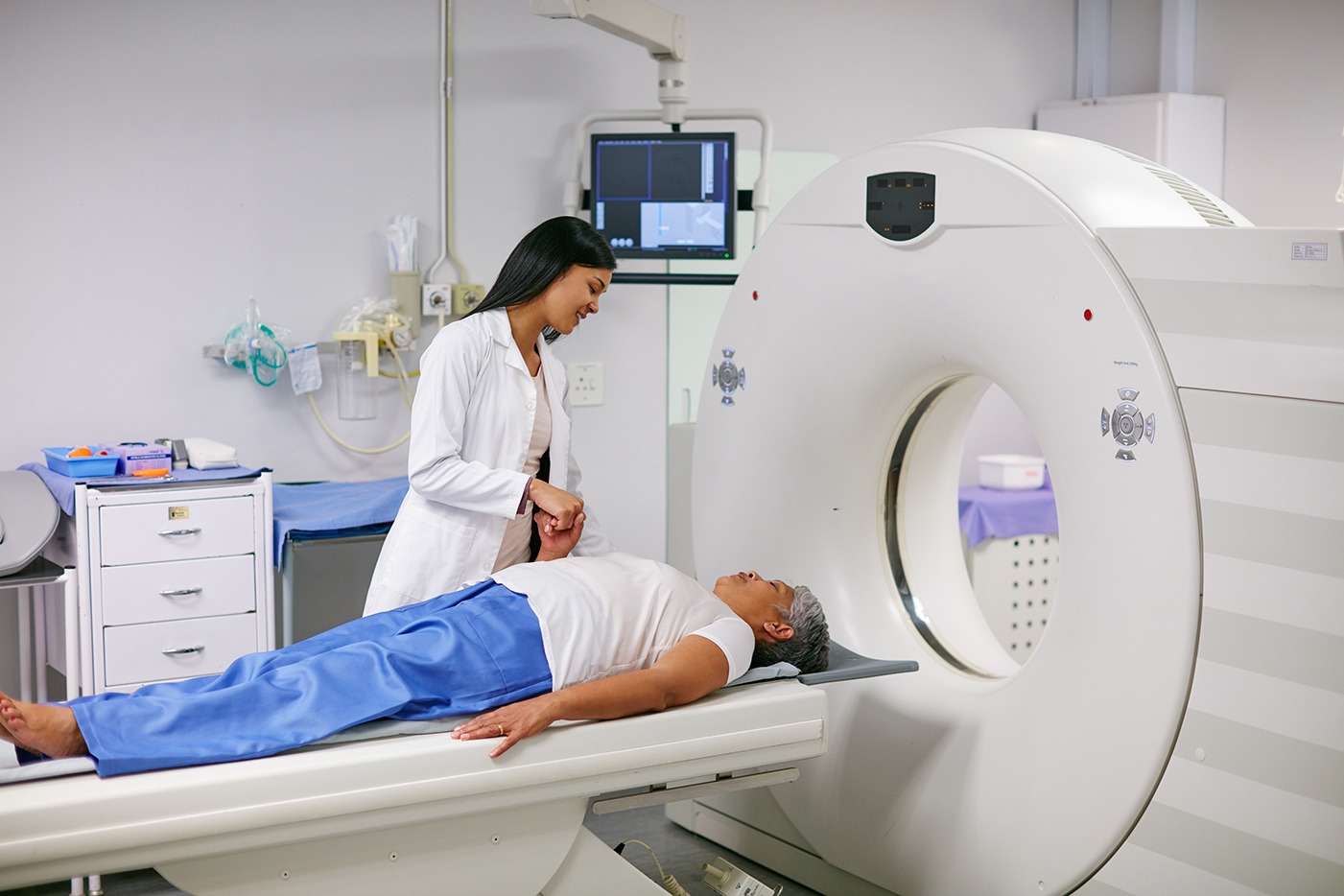Why Would You Need an MRI Anus Scan?
1] Anal Fistulas: An anal fistula is an abnormal tunnel between the inside of the anus and the skin near the anus. It can cause pain, swelling, and discharge. MRI is one of the most effective tools for assessing the complexity of fistulas and planning appropriate surgical treatment.
2] Rectal Cancer or Tumors: MRI is invaluable in detecting and evaluating tumors or cancers in the rectal and anal regions. It helps determine the size, location, and extent of cancer, which is crucial for staging and treatment planning.
3] Chronic Inflammatory Conditions: Inflammatory conditions like Crohn's disease or ulcerative colitis, which affect the rectum and anus, can be better visualized with an MRI. The scan helps assess the severity of inflammation, the presence of ulcers, or complications like abscesses or fistulas.
4] Anal Incontinence: If a person experiences difficulty controlling bowel movements (incontinence), an MRI can help identify problems with the anal sphincters or pelvic floor muscles that may be contributing to the condition.
5] Pelvic Floor Disorders: MRI Scan is helpful in diagnosing pelvic floor disorders that can affect bowel movements and sexual function. It provides detailed images of the muscles and ligaments in the pelvic area.
6] Post-Surgical Evaluation: For patients who have undergone previous surgeries involving the anal or rectal region (such as fistula surgery), MRI is useful in evaluating the success of the procedure and identifying any recurrent issues or complications.
7] Perianal Abscesses or Infections: MRI is highly sensitive in detecting abscesses or infections in the anal region. It helps determine the size and location of the infection and assists in guiding treatment, including drainage if necessary.
MRI Anus Scan Price in Pune
The Price of an MRI Anus Scan in Pune is starts from Rs. 2500. This scan is used to evaluate the anus and surrounding structures, helping diagnose conditions such as fistulas, abscesses, tumors, or other abnormalities. The price may vary depending on the diagnostic center, the type of MRI equipment used, and additional services provided. For accurate pricing and availability, it's best to consult local MRI centers or hospitals in Pune.
The MRI Anus Scan Procedure
1] Preparation: In most cases, you will be asked to avoid eating for a few hours before the scan to ensure clear imaging of the pelvic region. You may also be asked to empty your bladder and bowels before the procedure. Some centers may administer an enema before the scan to clean the rectum for clearer imaging.
2] The Scan: You will lie down on an examination table, usually in a supine (on your back) or prone (on your stomach) position, depending on the area being scanned. The MRI machine looks like a large tube with a circular opening. Your body (usually from the waist down) will be positioned inside the machine. During the scan, the MRI machine will create a series of detailed images of the anal and rectal region. You will be asked to remain still throughout the procedure to avoid motion artifacts that can blur the images.
3] Duration: The MRI Anus Scan typically takes around 30 to 45 minutes, though the exact duration can vary based on the complexity of the images required.
4] Post-Scan: Once the scan is complete, you can resume normal activities right away. There is no recovery time needed, as MRI is a non-invasive procedure. The images from the scan will be analyzed by a radiologist, who will send a report to your doctor. Your doctor will then discuss the results with you and recommend the next steps in treatment or management.
Advantages of an MRI Anus Scan
1] Non-invasive: MRI is a completely non-invasive procedure, meaning no incisions or injections are needed.
2] High-Resolution Imaging: MRI provides superior detail of soft tissues, muscles, and organs compared to other imaging techniques like X-rays or CT scans.
3] No Radiation: Unlike CT scans or X-rays, MRI does not use ionizing radiation, making it a safer option for repeated use.
4] Comprehensive Evaluation: MRI provides a comprehensive view of both the anal region and the surrounding tissues, which is crucial for accurate diagnosis and treatment planning.









